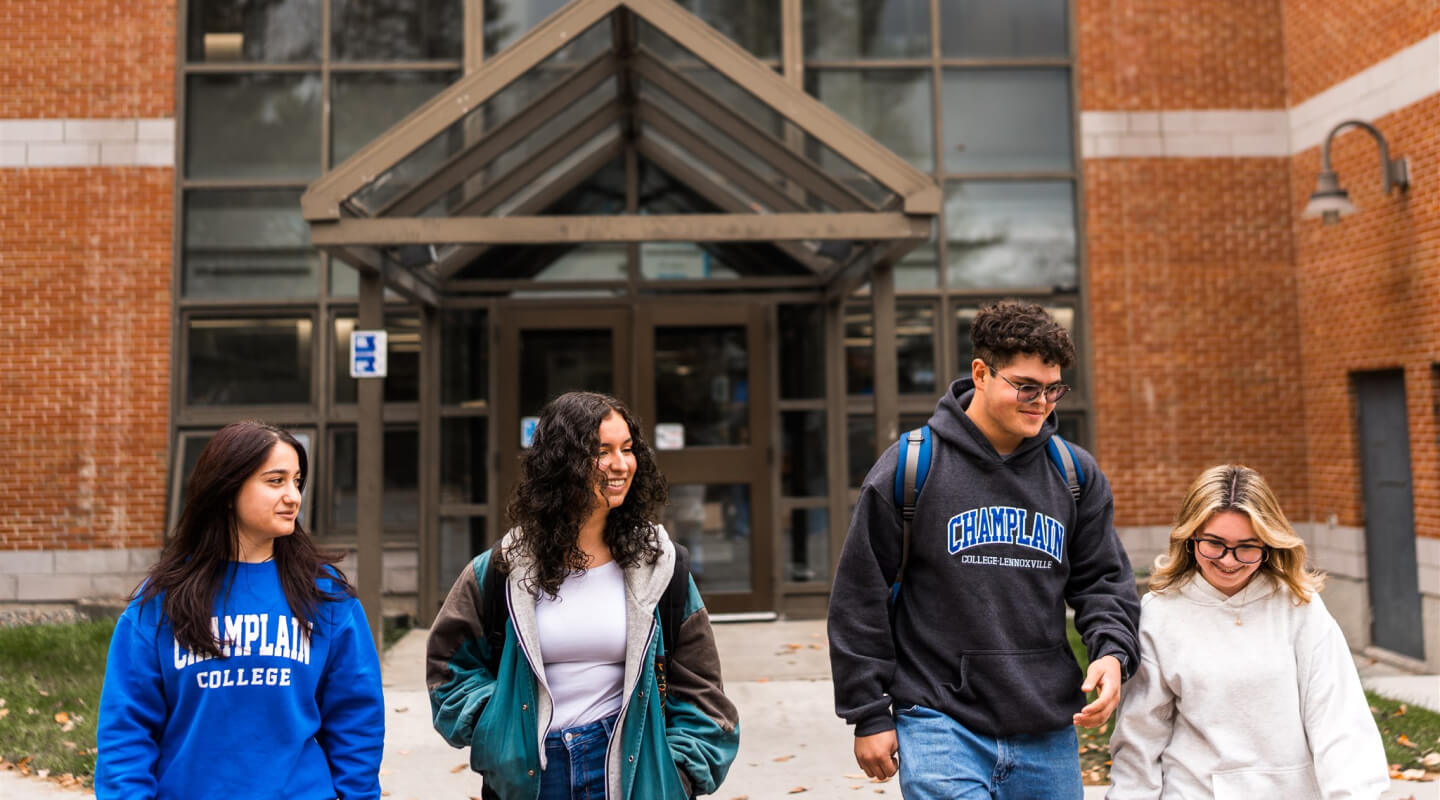Introduction to Abenaki Language and Culture (614-BEA-LE)

Introduction to Abenaki Language and Culture (614-BEA-LE)
Application Deadline
August 21
Training Description
College-credited 45 hour course, offered to all Champlain students as well as to students who are not registered in a program of study (Continuing Education)
- This class is offered in English
- Students should bring a laptop or a tablet.
- Office suite is needed, especially Word and Powerpoint. (available via IT help desk)
- Registered students will be given access to Champlain’s pedagogical platform (LEA/Omnivox).
Training Content
This course introduces students to the basic elements of the Abenaki language, e.g., basic grammatical structures and vocabulary, listening comprehension, and pronunciation, and to the history, culture, and contemporary realities of the Abenaki people. At the end of the course, students should be able to exchange simple and written messages on specific concepts, e.g., family. Further, students should be able to reflect on different aspects of the history of the relationship between Indigenous and non-Indigenous peoples in Canada, the practice of inter-cultural dialogue, and Indigenous language revitalization.
Dates and Delivery Method
August 22 to December 5, 2025
In person, at Champlain College on the premises of Bishop’s University.
45 hour class, for 15 weeks
Each Friday, from 1:30 to 4:30 pm.
**No class on October 17 (reading week)
Cost
$114 taxes included
About the instructor
Philippe Charland, PhD in Geography (McGill University, 2005), is a lecturer in Abenaki language at the University of Sherbrooke, Bishop’s University, and the University of Montreal. He has been teaching the Abenaki language for several years in the Abenaki reserves of Odanak and Wôlinak, in addition to being a member of the Abenaki Language Office. He is part of the Awikhiganisaskak Project at the University of Sherbrooke, which aims to preserve and promote documentation related to the Abenaki language. He is also involved in the Kchi al8msakw project at Champlain College, which aims to promote the Abenaki language through the creation of educational and teaching tools. His research interests focus on toponymic, geographic, historical, and linguistic issues related to the Indigenous peoples of the Northeast, but more specifically to the Abenaki. He has worked on various language-related projects, including a French-Abenaki dictionary and a grammar of the Abenaki language. He has also translated several books into Abenaki, including seven children’s books as part of the Élodil (Éveil au Langage et Ouverture à la Diversité Linguistique) project at the University of Montreal.








